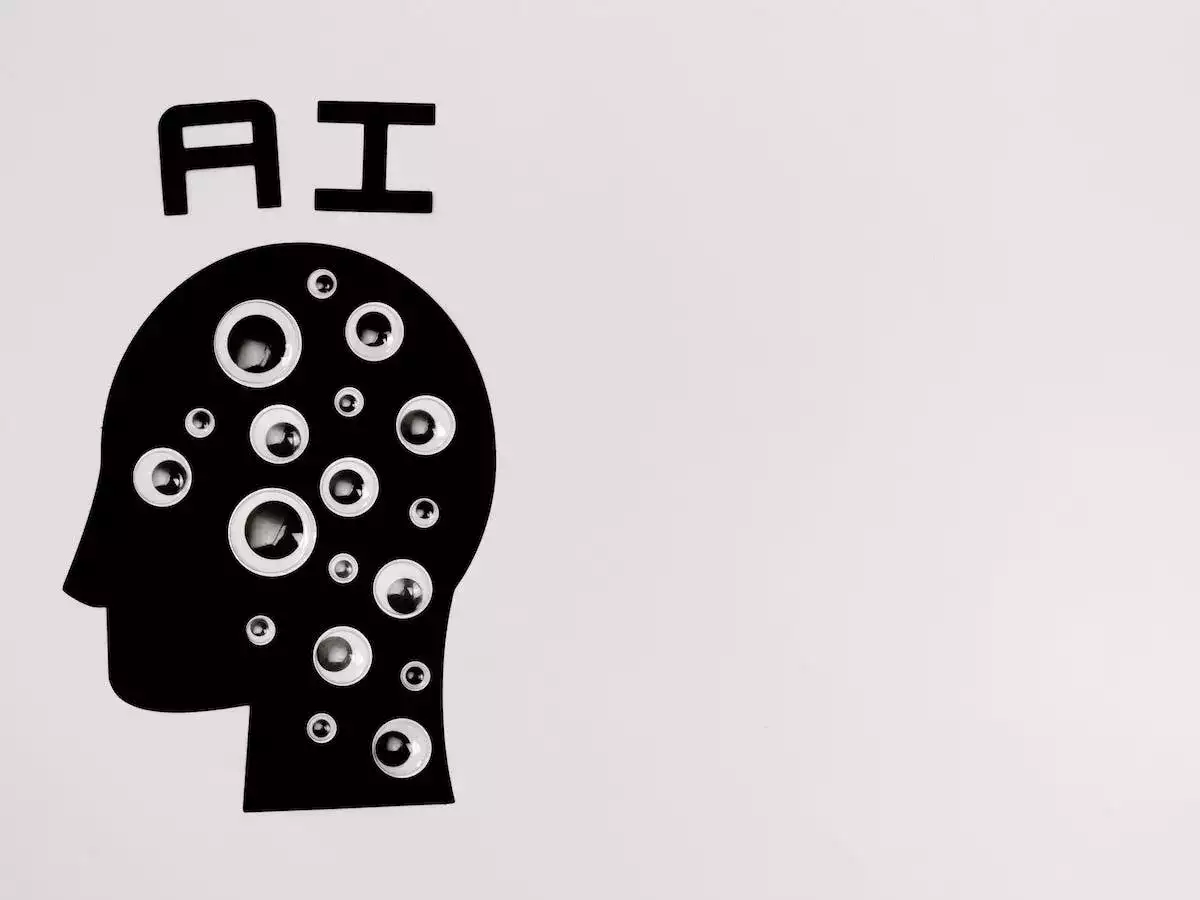Generative AI is predicted to have a greater impact on white-collar positions than blue-collar ones in the coming years, according to research conducted by Pearson, an educational publishing and services firm. It is expected to effortlessly replicate numerous routine tasks typically carried out by white-collar employees, which could potentially lead to automation of about 30% or more of the tasks performed in certain roles.
However, blue-collar jobs involving creative, hands-on, and cooperative tasks are deemed less vulnerable to the changes brought about by generative AI. In fact, less than 1% of the tasks performed in a blue-collar worker’s weekly routine are likely to be handled by generative AI.
The most affected white-collar jobs include word processors, salespersons, administrative secretaries, and accountants, while roles such as sales and marketing managers, working proprietors, and directors in various industries are expected to be less affected. As a result, it is crucial for white-collar employees to focus on upskilling and honing soft skills like creativity, communication, and leadership which are not easily replicable by generative AI.
According to a report, workers should also learn how to use generative AI to become more efficient at repetitive tasks, thus increasing productivity and allowing them to focus more on high-value activities.
Munira Loliwala, AVP of strategy and growth at TeamLease Digital, emphasized the importance for job seekers to focus on competency mapping, including technical and functional competency, leadership competency, behavioral competency, organizational competency, and situational-based competency. This, combined with alignment with the organization’s goals, mission, and vision, as well as adaptability in different work situations and working effectively with teams and stakeholders, can make them less likely to be replaced by AI.

I have over 10 years of experience in the cryptocurrency industry and I have been on the list of the top authors on LinkedIn for the past 5 years.

